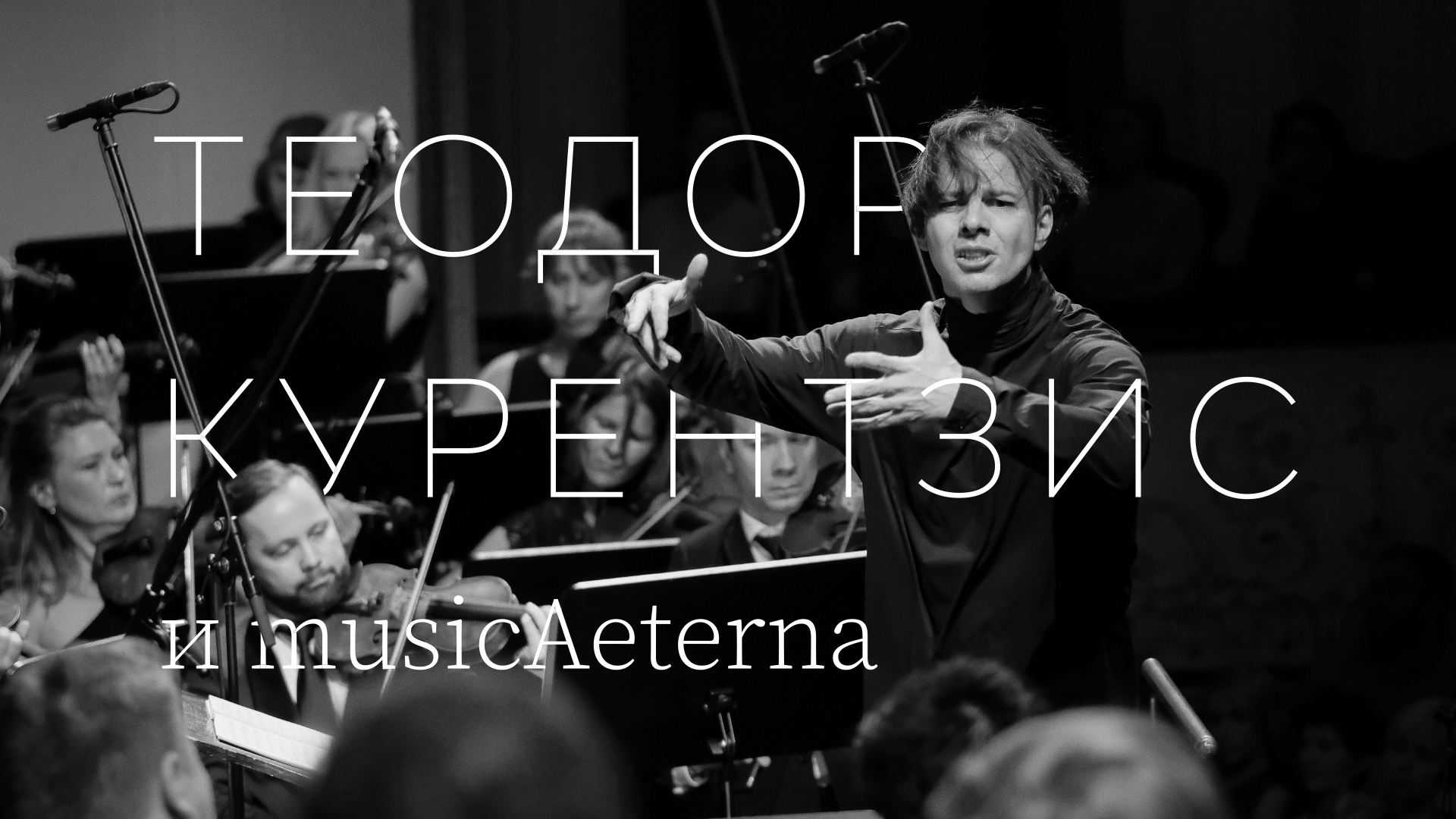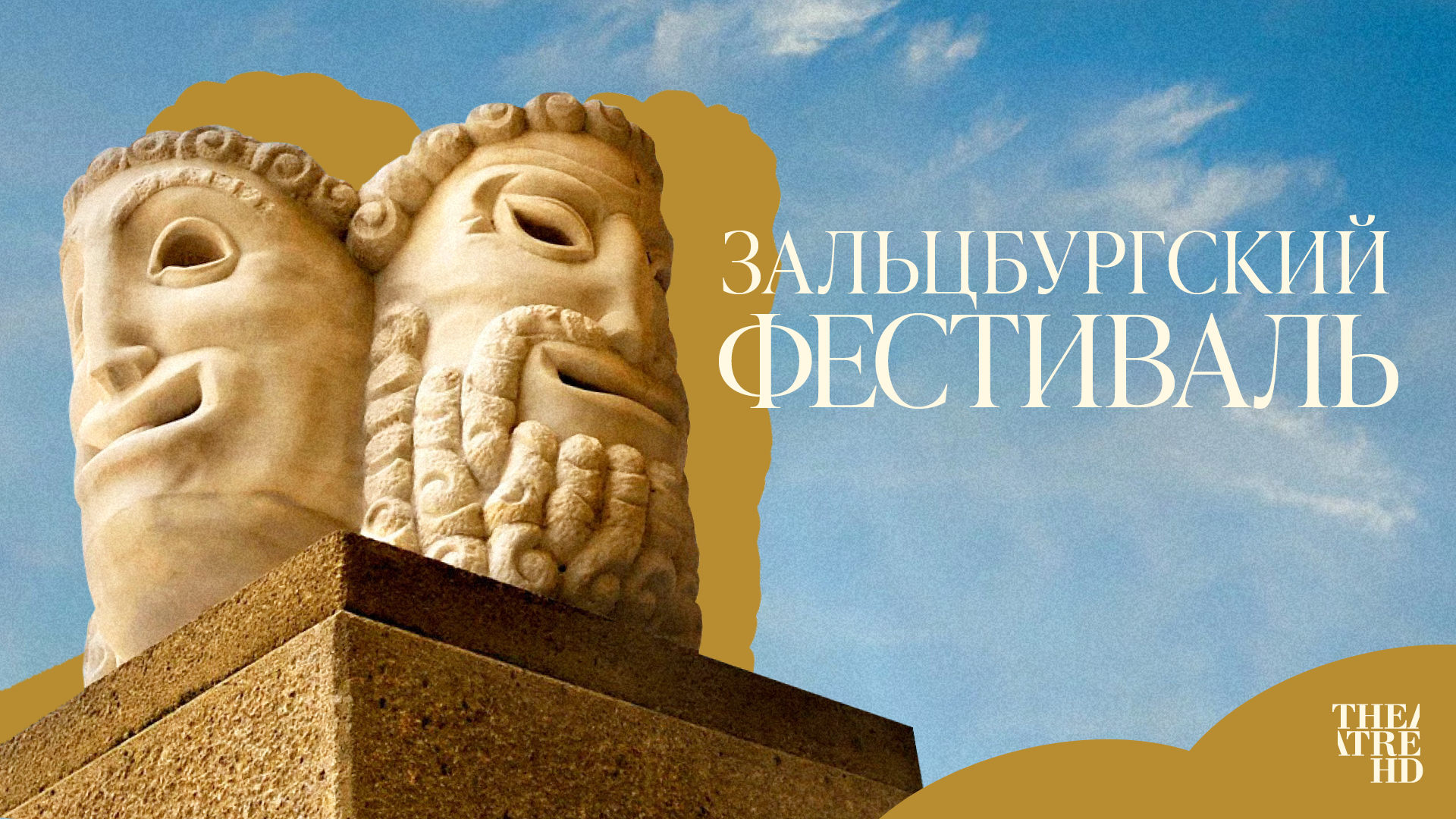Peter Sellars, having made history with his 1998 staging of the opera Saint François d’Assise by Olivier Messiaen in the Felsenreitschule, returns to Salzburg to stage and direct for TV Mozart’s opera seria La clemenza di Tito. In the pit is his comrade-in-arms and long-time collaborator, Greek-Russian star conductor Teodor Currentzis with his Russian MusicAeterna choir and orchestra from Perm. Sellars, who functions also as video director, and Currentzis take up the story and develop it for their Salzburg production, creating a fresh and original yet contemplative new version of Mozart’s opera through the interpolation of excerpts from his c-minor Mass.
The parable of rebellion and forgiveness is set in a developing country, with a brutal police presence but a thoughtful leader and with a chorus of citizen-refugees, displaced by a catastrophe. The story is driven by Sesto, Marianne Crebassa “in a star-making performance” (New York Times), here a disrupted terrorist, torn by the painful demands of the necessary violence needed to move the world and history forward and the horrifying, unavoidable loss of innocent lives. Sculptor, architect and installation artist George Tsypin is utilizing the magnificent ambience of the Felsenreitschule to create a powerful scene with mysteriously moving steles. Currentzis, “who hits the peak of his career to date and proves at the same time that he is the radically best Mozart conductor right now” (Süddeutsche Zeitung), translates Sellars’ intercultural vision congenially.
The young, outstanding cast is led by tenor Russell Thomas as Tito, who delivers a “brilliant performance amidst a perfect team that makes this opera without supporting roles a huge feat of the ensemble” (Der Spiegel). Christina Gansch (Servilia) and Jeanine de Bique (Annius) “fit in the ensemble with grace which is interspersed with tension” (FAZ), while Golda Schultz’s soprano displays a “silky brilliance” (Münchner Merkur) in the role of Vitellia. The choir “is once again the winner”– “Currentzis’ debut in the city of Mozart is a triumph” (Der Spiegel). The audience in the Felsenreitschule was “beside themselves with joy” (Die Zeit).














_SF_Ruth%20Walz.jpg)













